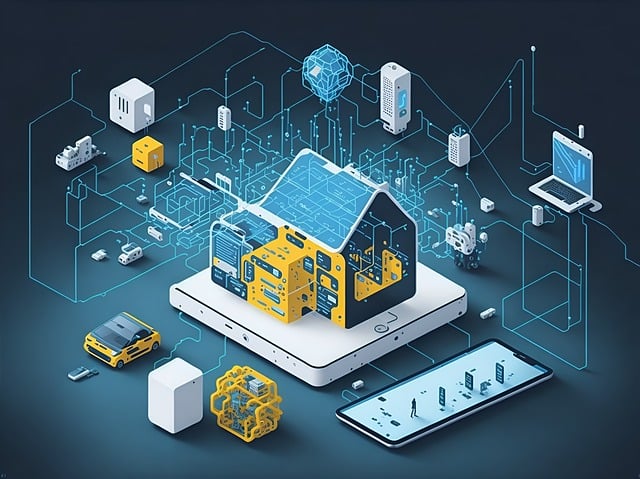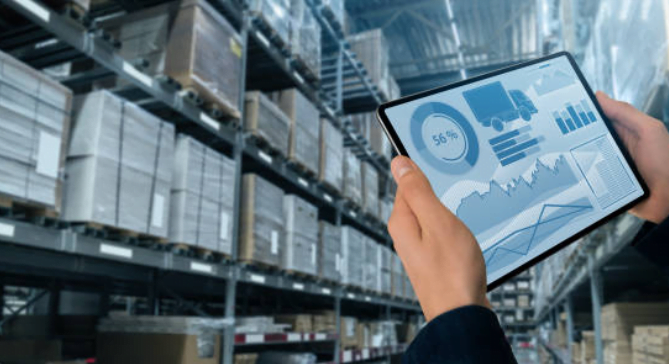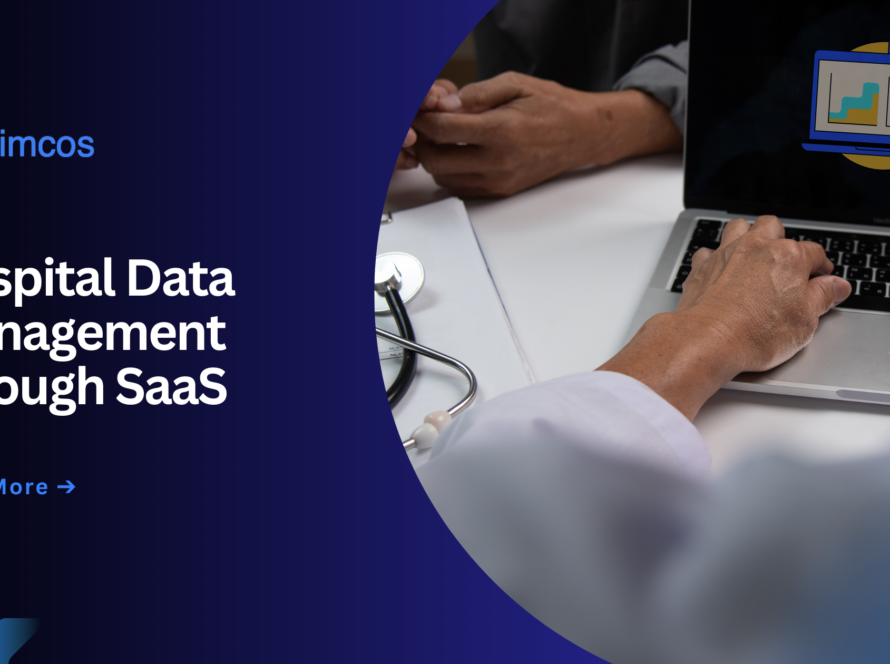The Internet of Things (IoT) transforms how we interact with technology by connecting physical devices through the internet, enabling them to communicate and exchange data seamlessly. From smart home devices like thermostats and security cameras to advanced industrial sensors and connected vehicles, IoT enhances automation, real-time monitoring and data-driven decision-making.
This network of interconnected gadgets not only simplifies daily tasks but also boosts efficiency and productivity across various sectors. IoT’s integration into software applications offers significant benefits, including improved connectivity, remote monitoring, better user experiences and optimized energy consumption. As technology advances, it continues to transform how we live and work, making our environments smarter and more responsive to our needs.
Table of Contents

What is IoT?
The Internet of Things (IoT) refers to the network of interconnected physical devices that communicate and exchange data over the internet. These devices, which include everything from household appliances to industrial machinery, are embedded with sensors, software and other technologies that enable them to collect and share information.
IoT enables automation, real-time monitoring and data-driven insights by allowing devices to interact and respond to each other without human intervention. For example, smart home systems adjust heating or lighting based on user preferences and industrial IoT applications optimize machinery performance and predict maintenance needs.
What are Iot devices ?
IoT devices encompass a wide range of smart and connected gadgets that collect and exchange data over the internet. Here are some common types:
• Smart Home Devices
All smart home devices include thermostats like Nest, lighting systems such as Philips Hue, and cameras for security like Ring. All of them allow the owner to control and automate aspects of their residence. These integrations bring smart technologies closer to convenience because they make energy use management better, optimise the efficiency of consumed energy and enhance home security, making it safer and cozier to live in.
• Industrial (IIoT)
Industrial Internet of Things (IIoT) utilizes sensors and machinery to monitor and optimize manufacturing processes. By enabling real-time data analysis, IIoT predicts maintenance needs and enhances safety, leading to improved operational efficiency. This technology reduces downtime and streamlines industrial operations, ultimately increasing productivity and fostering a safer work environment through informed decision-making and proactive maintenance strategies.
• Smart Agriculture
Smart agriculture involves devices such as soil sensors and weather stations to enhance farm productivity. Through such technologies, the farmer can attain real-time information on the conditions of the soil and the weather, thus optimizing irrigation and better crop management. This is essentially through such decision support that smart agriculture increases productivity, conserves resources, and generally promotes sustainable farming practices for better yields and a more resilient agriculture system.
• Connected Vehicles
The telematics system in a connected vehicle provides real-time performance and location data while informing a vehicle about its needs for maintenance. With the monitoring of the state of the vehicle and timely maintenance, the technology is bound to enhance safety in driving. Optimally performing the vehicle connected with knowledge regarding the health and usage of the vehicle stands the driver in good control and thus contributes to a safer yet efficient drive.

Benefits of IoT in software applications:
• Seamless and improved connectivity
IoT in software applications leads to an improved connectivity of different smart devices which helps in improving the ability of devices to interact and communicate with each other seamlessly. With the help of Internet On Thing , devices connects with the internet to perform the desired tasks. This connectivity promotes better functionality which leads to an automation in processes and enhances better decision making. Internet on things enables the devices to work effectively in an interconnected manner to provide users with a personalized experience.
• Remote monitoring and control
With the use of IoT in software devices, the devices are monitored and managed even from a remote location which allows one to keep a check on the devices even without the physical presence at that place. It enhances the security as well as provides convenience, flexibility and peace of mind along with allowing the user to fix issues in context to the devices remotely without the requirement of being physically present in the area where the device is being placed.
• Better User Experience
Better UX in context to IoT means making the application super easy and enjoyable for the users. The enabled software applications enhance the overall user experience by providing satisfaction to the users along with a seamless and a much reliable experience. With connected devices and sensors, the users experience better data collection, personalization & automation in processes which leads to an improved efficiency as it makes things more convenient for the users. Various home appliances are controlled just by the mobile phones of the users because of IoT.
• Helps in improving productivity
IoT help the software developers to automate their routine tasks and simplify their day-to-day operations. This automation in tasks helps in reducing the manual efforts of the developers which allows them to lay a better focus on all those respective tasks which require deep and logical thinking and are more complex and creative aspects of the software development process. Thus, by eliminating the repetitive tasks, IoT promotes better and enhanced productivity and efficiency which helps the developers to optimize their development process.
• Optimizing energy consumption
The use of IoT in software applications actually help a lot in the optimization of total energy consumed in various systems because with the help of it, software developers incorporate various sensors and devices to collect present data on the energy consumption which helps in identifying the areas which need to be worked on and are leading to wastage of energy. By properly identifying these weak areas, developers implement various measures for power management and maintenance. Thus, the consumption of energywill be well optimized with the help of Internet On Thing devices in the softwares.
In conclusion, the Internet of Things (IoT) is transforming the way we interact with technology, offering numerous benefits across various sectors. By enhancing connectivity, enabling remote monitoring and control and improving user experience, Internet On Thing is driving automation and efficiency in everyday applications. It supports better productivity by automating routine tasks and optimizing energy consumption through smart management.
As connected technology continues to evolve, its impact on our lives will grow, making daily activities more convenient and efficient. The integration of smart devices into software applications not only elevates functionality but also transforms user experiences, paving the way for a more connected and intelligent future. Embracing this technology will undoubtedly lead to advancements that enhance living standards and operational excellence.
With an increase in the modernization in daily living, one expects a lot more positive changes that are brought by the use of IoT in software applications because IoT is actually shaping the future and raising the living standards of the people by making their lives easier in this technology driven world. Its benefits such as improved connectivity, better monitoring and control, saving energy, improving productivity and overall improvement in the user experience actually transform the ways and methods of people’s lives by making them better and improved.

How does Himcos help?
Himcos provides Business Software Modernization services. Our team isn’t just skilled, you get the best minds tackling your modernization project, ensuring exceptional quality and results. Our experts help improve performance, reduce costs, enhance security, and foster innovation providing our clients with scalable, secure and high performing applications.



